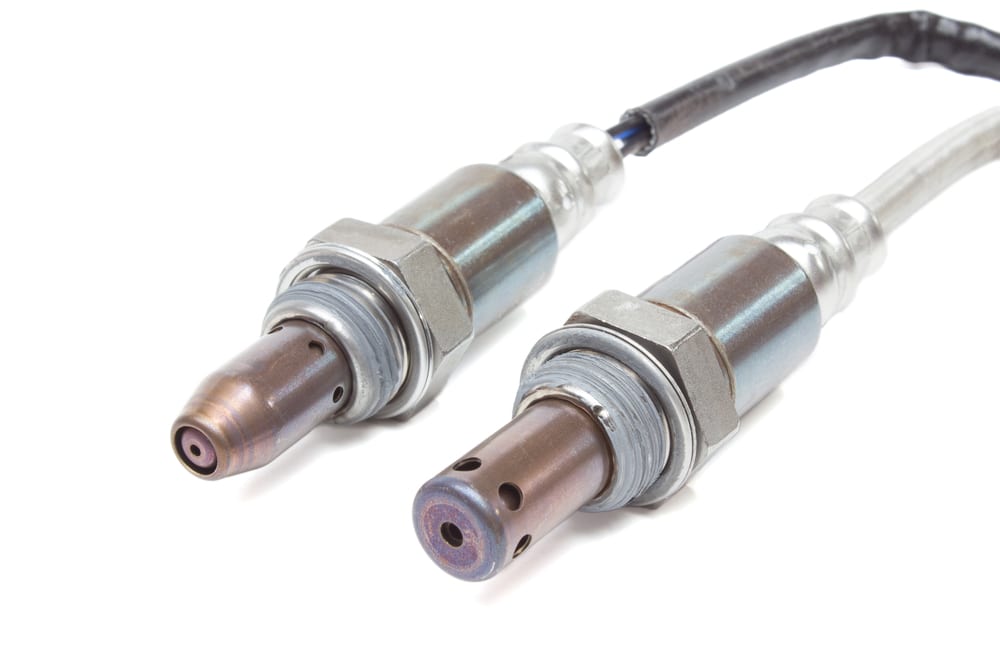

An air-fuel ratio sensor is one of the key components found on many modern engine management systems. Most vehicles will have more than one air-fuel ratio sensor. They are mounted in the exhaust system before and after the catalytic converter. The air-fuel ratio sensors continuously monitor the air-fuel ratio of the vehicle’s exhaust and send a precise signal to the engine computer so that it can make real time adjustments to fuel and timing for maximum efficiency and power.
As the air-fuel ratio sensors plays a direct role in the adjustment and tuning of the engine, they are very important to the overall operation and efficiency of the engine and should be inspected if problems arise. Usually, when they begin to have problems, the vehicle will display a few symptoms that can alert the driver that an air-fuel ratio sensor may require attention.
1. Decrease in fuel efficiency
One of the first symptoms of a problem with an air-fuel ratio sensor is a decrease in fuel efficiency. The air-fuel ratio sensor monitors the oxygen content in the exhaust stream and sends data to the computer so that it can add or subtract fuel. If there is any problem with the sensor, it can send a bad or false signal to the computer which can throw off its calculations and cause it to waste fuel excessively. Miles per gallon (MPG) will usually drop over a period of time, until it remains consistently lower than before.
2. Drop in engine power output
Another symptom of a possible problem with an air-fuel ratio sensor is a decrease in engine performance and power output. If an air-fuel ratio sensor has become “lazy,” over time it will send a delayed signal to the computer, which will result in an overall delayed response for the entire engine. The vehicle may experience a sluggish or delayed response when accelerating, as well as a noticeable loss in power and acceleration speed.
3. Rough idle
Another symptom of a bad air-fuel ratio sensor is a rough idle. Because air-fuel mixtures at low engine speeds must be very finely tuned, the air-fuel ratio sensor signal is very important to the idle quality of the engine. A bad or failing oxygen sensor can send an incorrect signal to the computer which can throw off the idle, causing it to drop below the correct level or fluctuate. In severe cases, the idle quality may be impacted to the point where the vehicle may even experience stalling.
Because the air-fuel ratio plays such a vital role in the engine computer’s calculations, it is very important to the overall performance of the vehicle. If you suspect that you may be having a problem with one or more of your air-fuel ratio sensors, have a professional technician, such as one from YourMechanic, diagnose the vehicle and replace any air fuel-ratio sensors if necessary.



